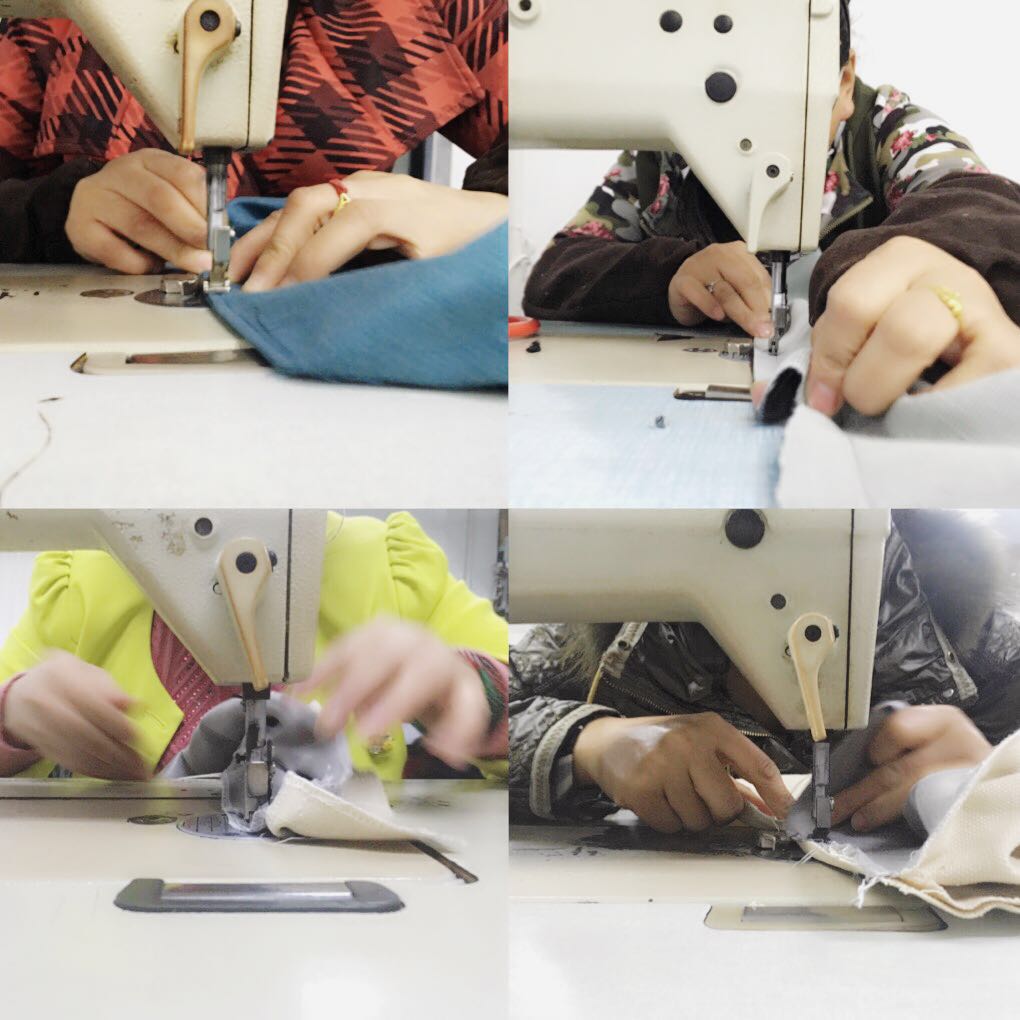
The preponderance of products coming in from China is becoming a globally accepted norm, yet why are consumers still sometimes irked by the “Made in China” label?
Let’s start from the beginning, the reason(s) behind China becoming the one-stop-shop for manufacturing.
Why Manufacturers move to China
The most obvious reason would be how much it costs to set up and run a company – if we were to compare between Australia or the United States against China, China is hands down the more economic option.
This includes wages, equipment, raw materials – anything that is required to run a business would cost a lot less. Not to mention:
- Greater accessibility to complementary goods for production
- Grants from the government for setting up a business in China
And this was why many manufacturers went to China to start their own business. But why the Stigma?
How did “Made in China” become synonymous to bad quality?
In a nutshell, it was unfortunately due to the very nature of manufacturers with bad business acumen. “High profits, low cost” was the mantra and manufacturers that came to China decided that they were willing to accept low quality products in order to keep cost to a minimum.
Needless to say, with the lack of quality control – issues would arise and one notorious example was the 2008 Chinese milk scandal.
Coupled with global media coverage, it almost felt like an overnight pandemic which everyone had to stay away from.
Understanding Quality – Made in China isn’t Bad
For the past decade, China-made products have become synonymous with bad quality and unfair work ethos – and it really shouldn’t be the case.
Aren’t the vast majority of Apple products made from China? Yet so many people around the world are still buying it. In the US alone, it’s raking in tens of millions ever year (albeit dropping) making almost every 1 in 4 American an iPhone user.
So does everything or anything made in China have to of bad quality?
Not necessarily.
Does made in China mean every manufacturing facility is a sweatshop?
Certainly not – the above shows two cases; one where a good portion of the world’s mindset is fixated on (Expectations), whereas the other shows the conditions that many factories in China actually have (Reality).
The fact of the matter is – it’s how these products are being made that make the difference, not where it is from.
The Comfort Works Production House
Our production house is nothing like the two cases earlier mentioned, and we believe there’s an increasing number of companies that are providing the best they can for their workforce.
We’re talking about unique human individuals after all with different personalities and shoe preferences:
The times have changed in which we don’t build businesses – we build people, who then build the business.
And that’s why we make sure our production team gets the best working (and living) conditions available:
Expert Pattern Making in the background Production Managers checking fabrics Fabric sample station Everybody working hard for the cameraConclusion
Simply put, just because products are made in China doesn’t mean they’ll be of bad quality. Just because something is made in China doesn’t mean it’s cheap, either.
The product should speak for itself.
Rather than sticking to old-fashioned stigmas against items made in china, let’s be mindful about choosing ethically-sourced products instead. At the end of the day, what matters most if how its made and if its fairly priced – not which country it comes from.
With each well-made slipcover, you may rest assured (on your sofa!) that it came from the hands of our skilled employees and was made with much love and care by us, to you.
Sources:
https://www.theguardian.com/business/2010/aug/16/chinese-economic-boom
http://www.statista.com/statistics/232790/forecast-of-apple-users-in-the-us/
http://www.cmswire.com/cms/enterprise-20/why-everything-is-made-in-china-what-it-means-for-us-jobs-014306.php
http://www.cnbc.com/2014/08/19/why-the-made-in-china-model-is-weakening.html














